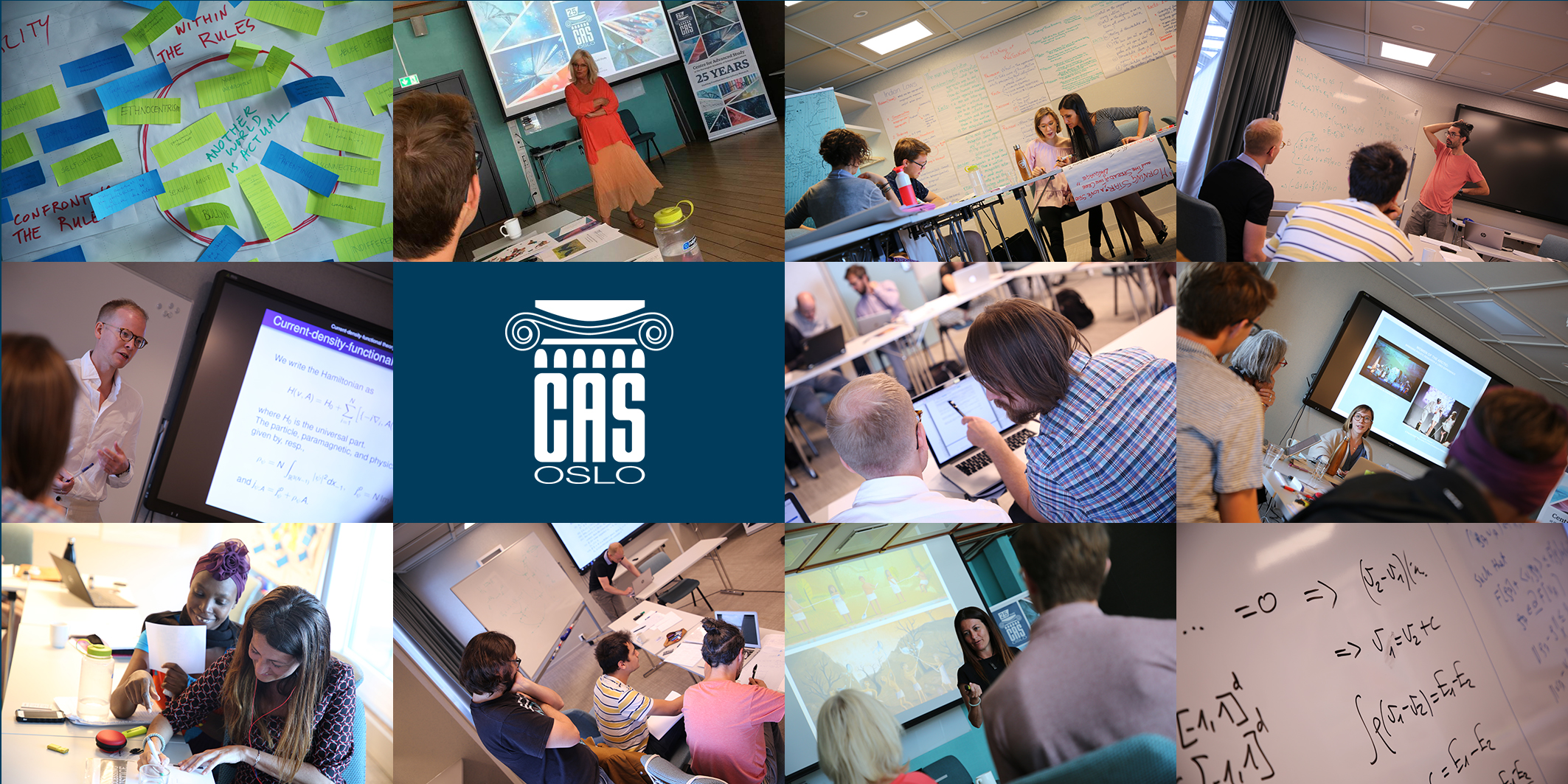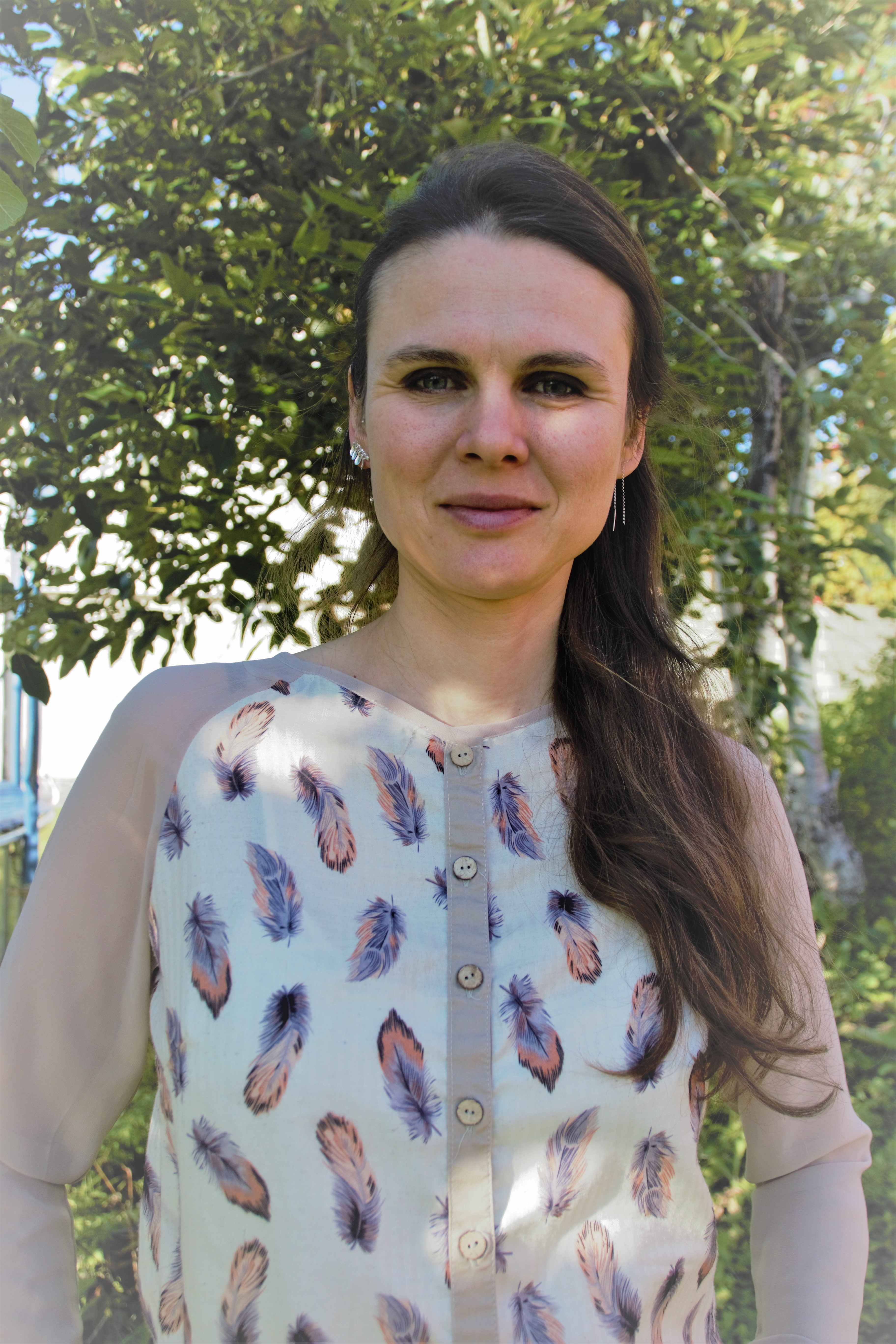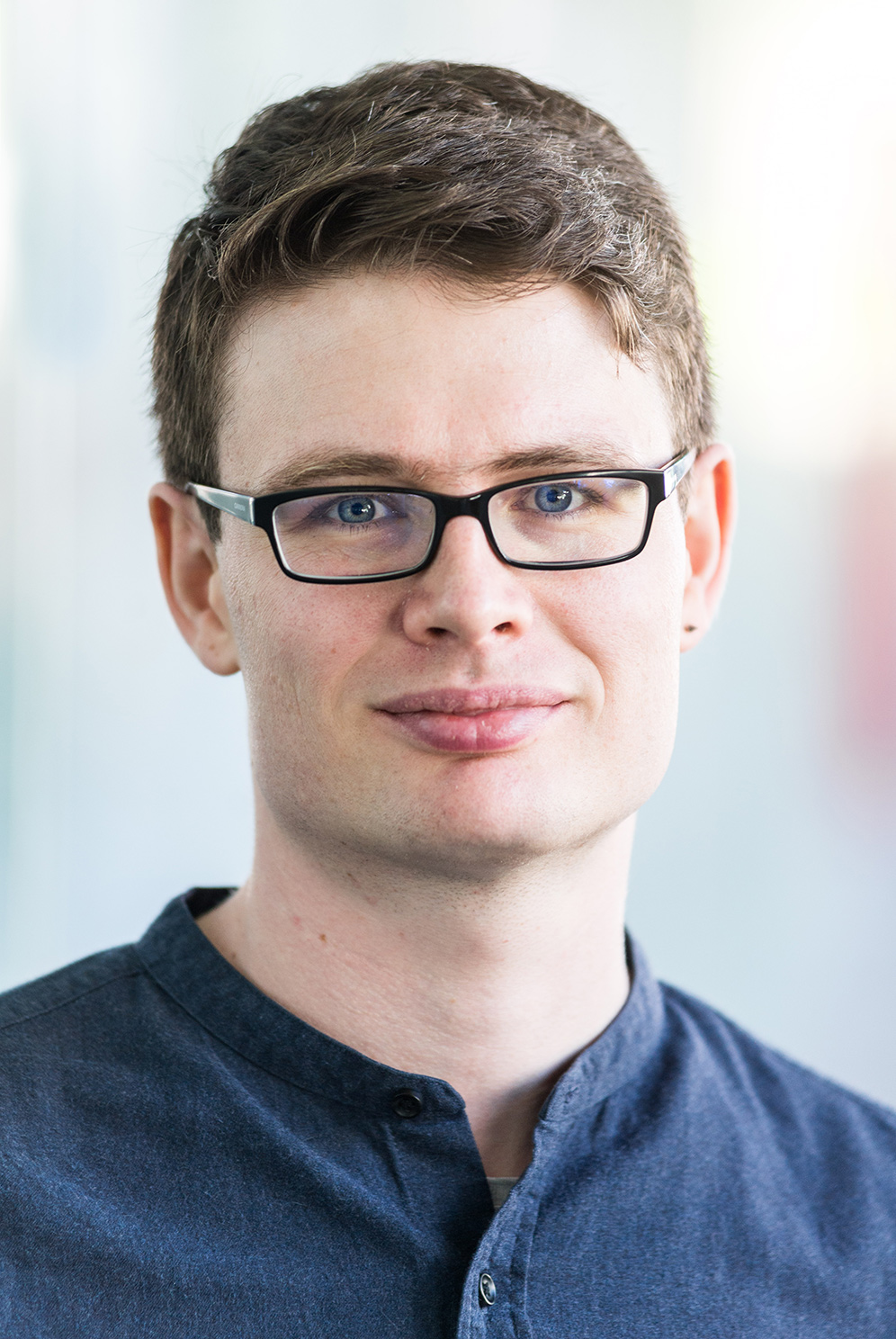Introducing the Young CAS Fellows for January 2022 – December 2023

The CAS Board of Directors has selected two Young CAS Fellow projects for the period of January 2022 to December 2023.
The projects will be enrolled in CAS’ two-year programme for young scholars. During the first year, the fellows will organise three intensive workshops, enabling them to develop their research projects and professional networks. The second year is a condensed version of what regular CAS project leaders do, namely gather a core group of scholars for a research stay with time and space to focus fully on their research. The stay lasts for two months.
Microbiology and infants’ guts
Veronika Kuchařová Pettersen is an associate professor at UiT The Arctic University of Norway

(UiT) and will lead the Young CAS Fellow project Infant Gut Microbiome Acquisition: Off to a Healthy Start.
The microbiologist is interested in the largest microbial community of the human body, the gut microbiome, and its contributions to human health and disease. Pettersen’s work concentrates on infancy, a critical period of human development when the gut microbiome and human physiology are maturing simultaneously.
‘My Young CAS Fellow project will explore the hypothesis that a pregnant woman’s microbiome is a source of keystone microbes that influence the sequence of microbial colonisers in the infant’s gut,’ Pettersen said.
Together with a group of experts in microbiology, clinical science, epidemiology, and bioinformatics, Pettersen will address questions related to the contribution of the maternal microbiome to the founding of the infant microbiome and the impact of antibiotics on this process.
‘Unfortunately, the modern lifestyle has changed how maternal microbes are transmitted to a child,’ Pettersen said. ‘Among factors severely altering the colonisation process is antibiotic use, which negatively impacts both the maternal and infant microbiomes, making the child vulnerable to both infectious and chronic diseases.’
Sign linguistics and whole‐entity classifiers

Vadim Kimmelman is an associate professor at the University of Bergen (UiB) and will lead the Young CAS Fellow project Whole‐entity classifiers in sign languages: a multiperspective approach.
In his Young CAS Fellow project Kimmelman will investigate an interesting and complex phenomenon in sign languages, namely whole-entity classifiers. Whole-entity classifiers are meaningful handshapes that are used in signs describing motion and location in various sign languages.
The phenomenon of classifiers lies at the intersection between language and gesture, and the properties of classifiers have caused a lot of controversy in the field of sign linguistics, Kimmelman explains in his project proposal.
‘The analysis of classifiers has implications for general linguistics and the study of the human linguistic capacity and communication because it clarifies which parts of language are universal and present in signed and spoken languages, and which depend on the channel of communication,’ Kimmelman wrote.
The Young CAS Fellow programme
The aim of the Young CAS Fellow programme is to support outstanding younger researchers by giving them the opportunity to build independent research networks and gain experience as research leaders. Young CAS Fellows can invite colleagues from all over the world to participate in group-based, independent and outstanding fundamental research.
The Young CAS Fellows receive funding and support for their research projects and gain valuable experience from organising multiple workshops and a two-month research stay. CAS provides funds, office space and administrative support.